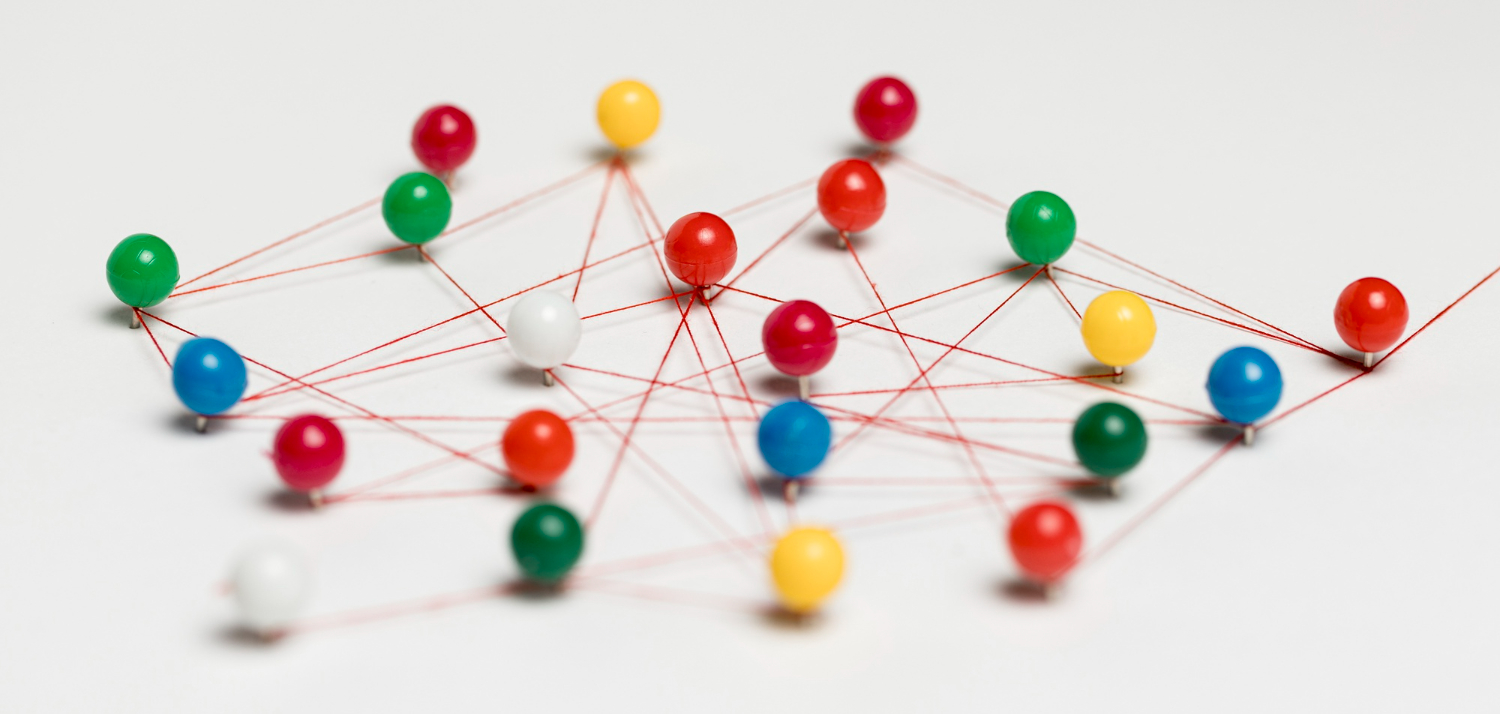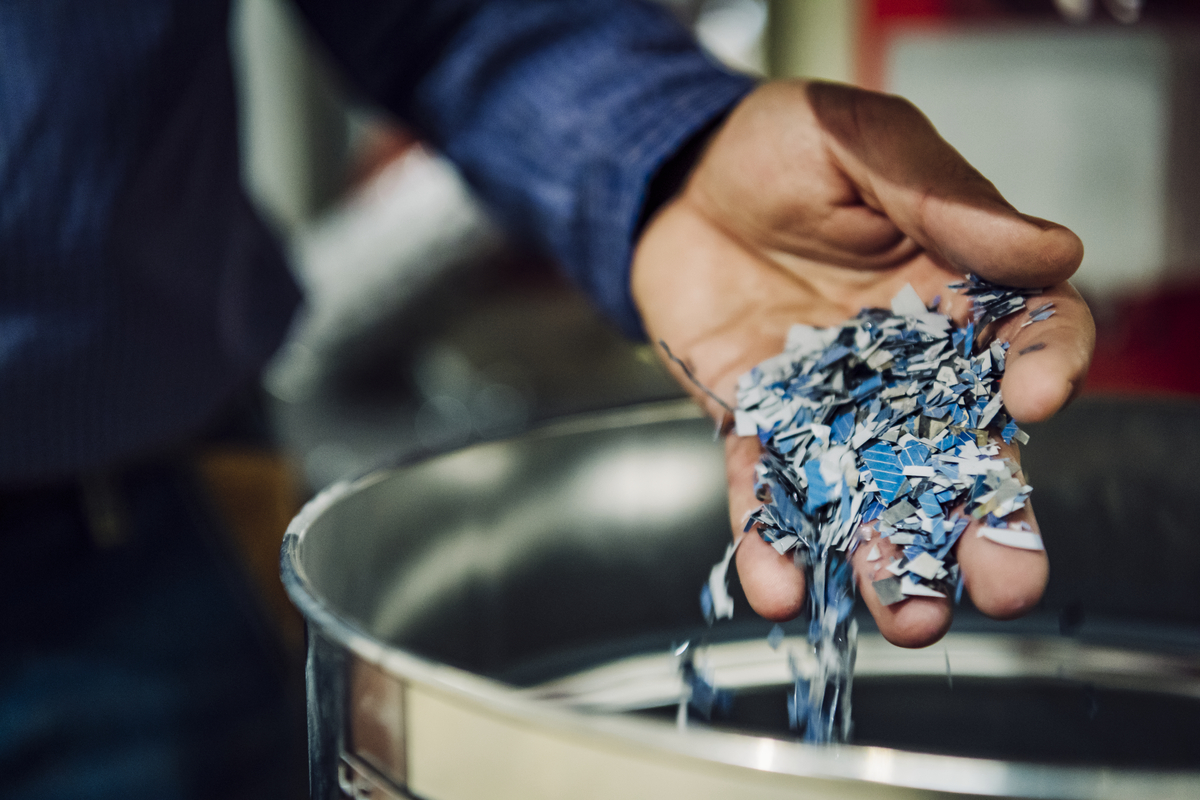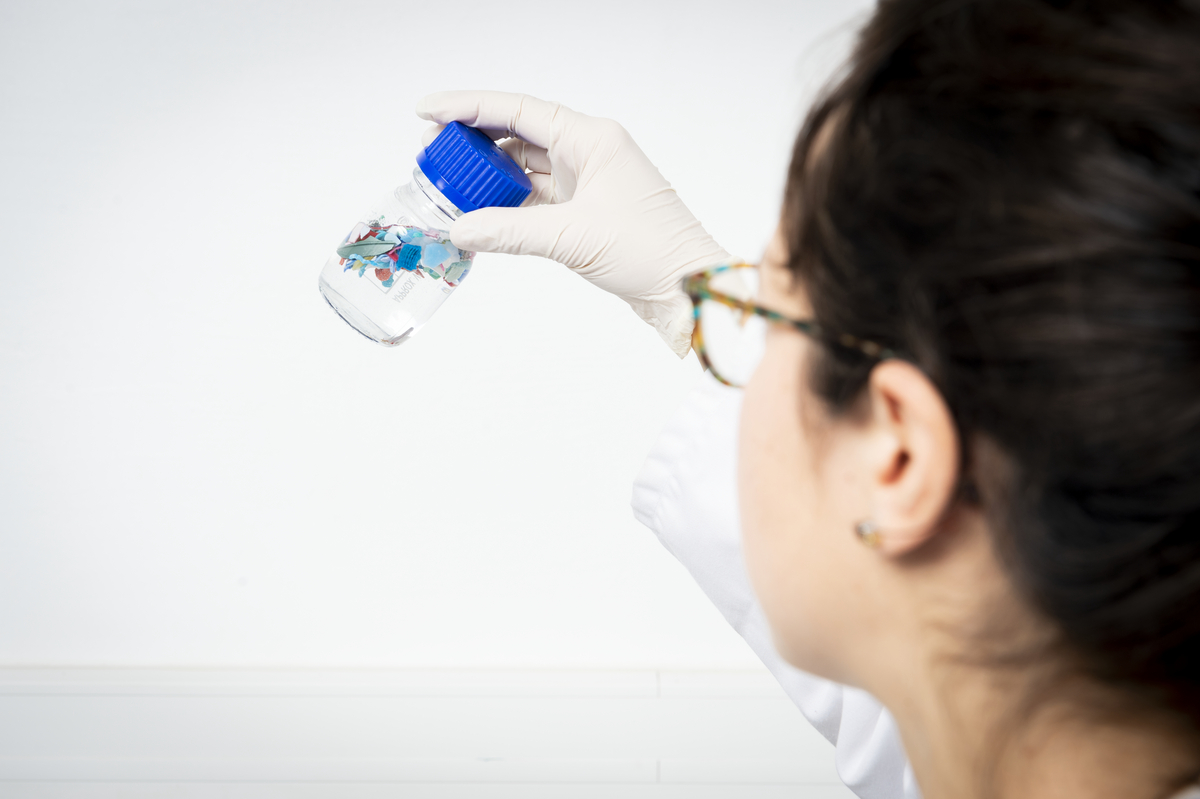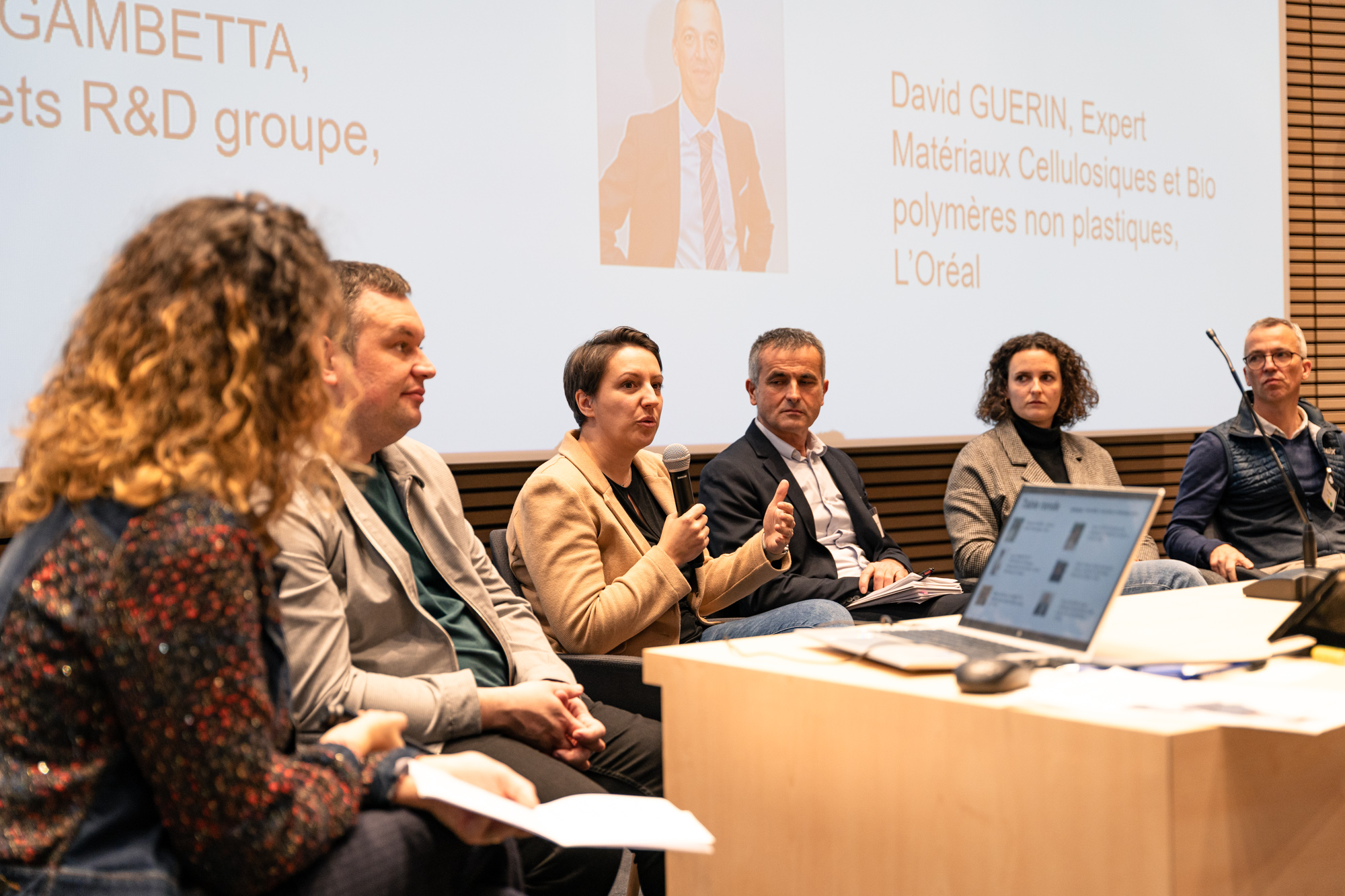
When geography
meets chemistry
Doctoral student at Le Mans University, Jeanne Perez is studying plastic flows in France to analyze the environmental and societal impact of their end of life. This interdisciplinary thesis lies at the crossroads of geography and environmental chemistry. Her findings will contribute to the PEPR’s Plastics research program, both in terms of chemistry and social and human sciences (SHS).
By Etienne Morisseau
Since the creation of the Plastics axis, Mathieu Durand, professor of urban planning at the University of Le Mans, has proposed incorporating Jeanne Perez’s work into Task 1 of the project, which focuses on contaminants. Her study, “End-of-life plastics, materials, and territories: refining subcategories for better management,” will thus provide essential contextual information for the project’s other tasks, in both the hard sciences and the social and human sciences.
Funded by the CNRS’s MITI (Mission for Transversal and Interdisciplinary Initiatives), this research project lies at the intersection of social geography, rudology (the study of waste), and environmental chemistry. To carry out this research, Jeanne Perez worked between the Espaces et Société (Spaces and Society) (ESO) laboratory and the Institut des Molécules et Matériaux du Mans (Le Mans Institute for Molecules and Materials) (IMMM). This enabled her to observe and understand plastics from several angles: both their physical and chemical composition, which helps to understand their impact on the environment and society, and their social aspect, by studying the dynamics between the actors in the sector and their influence on the flow. All of this has enabled her to reflect more broadly on the structure of plastic recycling industries and the closure of these flows.

“I can’t work on the end of life of plastics without understanding their beginning,” explains Jeanne Perez. Trained as a geographer, the young researcher had to learn the basics of materials chemistry in order to work alongside chemists. It was through a combination of reading, evening classes, and interactions with her colleagues at IMMM that she was able to enter the world of chemistry. “I will never do laboratory analysis. I am not an expert, but I understand the main issues,” she says. For her part, she also brings a social sciences and humanities perspective to the laboratory’s research: technical vocabulary, knowledge of the system, its players, regulations, etc.
It requires energy, commitment, and a genuine desire on the part of teams to engage in interdisciplinary work. If you don’t want to open up, it’s not possible.
Naturally, interdisciplinary research is not without its challenges. “It requires energy, commitment, and a genuine desire on the part of teams to engage in interdisciplinary work. If you’re not willing to open up, it’s not possible,” says Jeanne Perez. According to the researcher, one of the key areas of focus is communication. It is essential to clearly define the topics and find common ground in order to move forward together. “But it also allows us to practice explaining our discipline and our research methods,” she adds, noting the enriching aspect of this practice. “It made me realize that we are all doing the same job, even if our methodologies are different. We start with a question and produce results; we understand each other’s approach to research.”
This sharing of knowledge has had an impact beyond Jeanne Perez’s work. What began as a collaboration involving the doctoral student has ended up creating links between the two laboratories, resulting in the creation of joint research projects and communication initiatives.
According to Jeanne Perez, the current context surrounding plastic is increasingly leading to interdisciplinarity. Since 2020, France has implemented regulations on the circular economy of plastics, a political commitment that is pushing this subject, originally from the social sciences and humanities, towards the hard sciences. This momentum may make it possible to experiment more regularly with this practice, which opens up new perspectives on research work. The doctoral student, who wishes to continue her research with a post-doc at PEPR Recyclage, concludes:
It is worth taking the time to learn about new disciplines and explore cross-disciplinary concepts; my studies would not be as comprehensive if it weren’t for this interdisciplinary approach.
More news


